Mrs Wilson review: A riveting true story about love, deceit, espionage, and the hunt for answers
Ruth Wilson excels as she essays the role of her own grandmother, Allison Wilson, in the limited series.
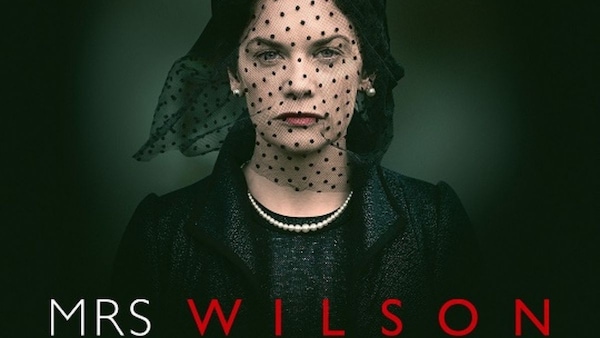
Last Updated: 10.58 AM, Feb 14, 2022
Story:
The three-part limited series focuses on Allison Wilson as she discovers that her late husband, Alexander Wilson, an ex-MI6 agent, lived a double life as a man with three other wives across the United Kingdom.
Review:
In the aftermath of World War II the western world was rife with tales of espionage, double agents, and defection - from the Cold War to the fall of the Berlin Wall and USSR. But in the years that followed more details were revealed about high-ranking British SIS or MI6 agents who defected to Russia as KGB double agents. In fact, the MI6 itself was regarded as merely a fictional invention from spy novels and films such as James Bond until a few decades ago. So it should come as no surprise the British Home Office is not willing to share about Alexander Wilson’s life as a spy for the British Intelligence. However, Allison’s efforts to document and investigate Alexander’s past has helped the mini-series explore his secretive personal life as well as some of his exploits as a British spy.
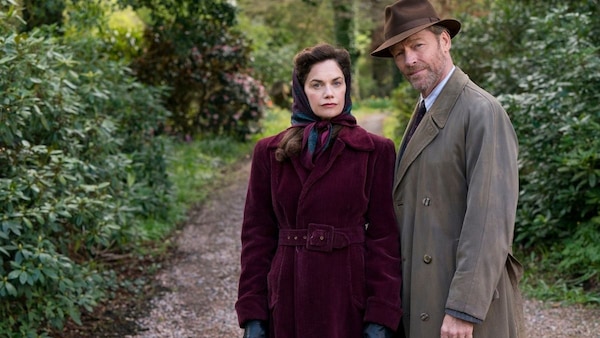
Ruth Wilson’s portrayal of her real-life grandmother, Allison, is nuanced and captures her plight after discovering her late husband’s duplicitous double life. Iain Glen, famous for his portrayal of Ser Jorah Mormont in Game of Thrones, essays the complexity of Alexander’s character with gravitas and subtlety. It is almost ironic that he has also played another character that leads a double life such as his portrayal of Bruce Wayne/Batman in the TV series Titans. The performances of the leading cast members elevate and helps the audience immerse into the various timelines depicted in the series. The creative decision by the showrunners to opt for darker colour tones for its visuals is used as a narrative device to symbolise death and tragedy.
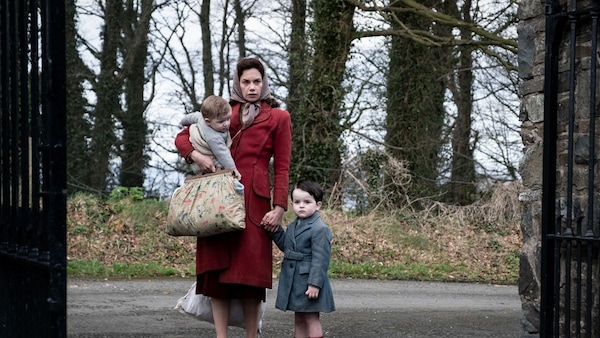
The series also subtly explores the female agency through Allison’s struggle as a widow, a mother and a woman. There is also significant emphasis on the several women in British history who were conned and taken advantage of by intelligence officers and undercover policemen. This aspect is explored in one particular scene when Anupam Kher’s character Shabhaz Karim explains to Allison that despite Alexander’s infidelity and lies, he was a good man that saved hundreds of lives, to which Allison asks why women have to always pay the price inorder for others to save the world. Unfortunately, Allison’s story is not an isolated incident, as recent reports suggest that several women have been conned by undercover officers over the decades in the UK.
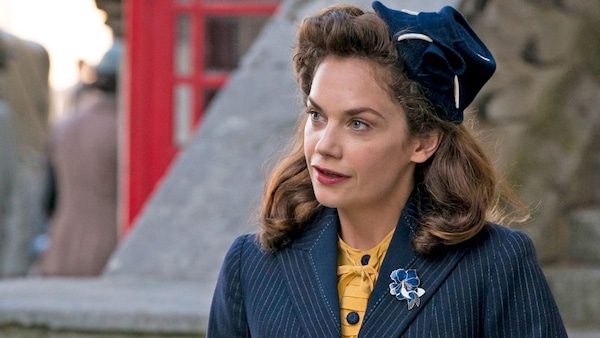
Allison’s search for answers about her deceased husband puts her in the crosshairs of Alexander’s other wives, Gladys, Dorothy, and Elizabeth. The series constantly compels the audience to question the real motives behind Alexander’s actions — whether his heroics during the war and as a spy were merely figments of his imagination or if he was infact who he claimed to be. Regardless, there is enough circumstantisial evidence to suggest that he may have been a dedicated servant for his country, despite his many vices. The truth about his past is likely to be somewhere in between his wild stories and the accusations levelled against him. The series insinuates that he may have been framed by the MI6 double agents who secretly worked for the KGB.
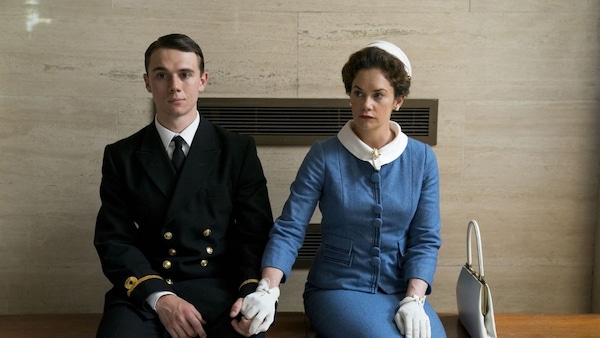
The twists and turns in the narrative adds intrigue and drama to the overarching plot despite being a biopic. The exploration of Catholicism in the final episode may be construed as a little exorbitant, but considering it depicts Allison’s real-life decisions it works well with the narrative. The series is by no means a fast paced spy thriller, but rather it is a nuanced depiction of a widow’s plight in the face of unprecedented adversity. Keeley Hawes and Patrick Kennedy are excellent supporting cast members who, despite their limited screen time, adds depth to the plot and helps in building the character arcs for the lead actors.
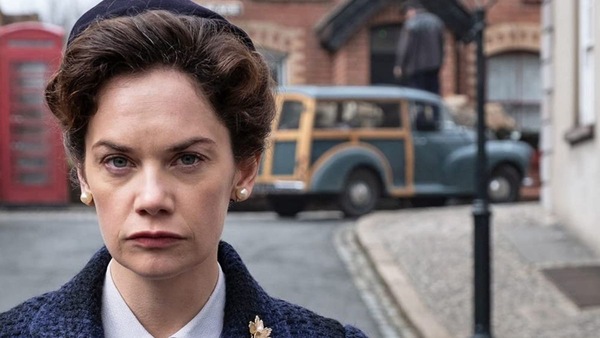
Verdict:
It is not often that an actor gets to play their own grandmother on screen, but Ruth Wilson has had the privilege of doing the same and has successfully essayed her grandmother’s traumatic past on screen. The series is well written and offers different perspectives on the complexities of its characters without demonising them. It has also subtly incorporated themes of feminism and the socio-economic fabric of the UK post-World War II.
Subscribe to our newsletter for top content, delivered fast.

